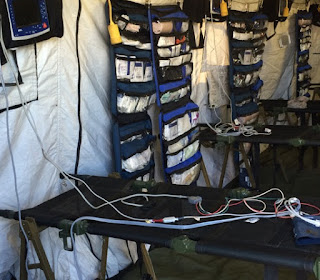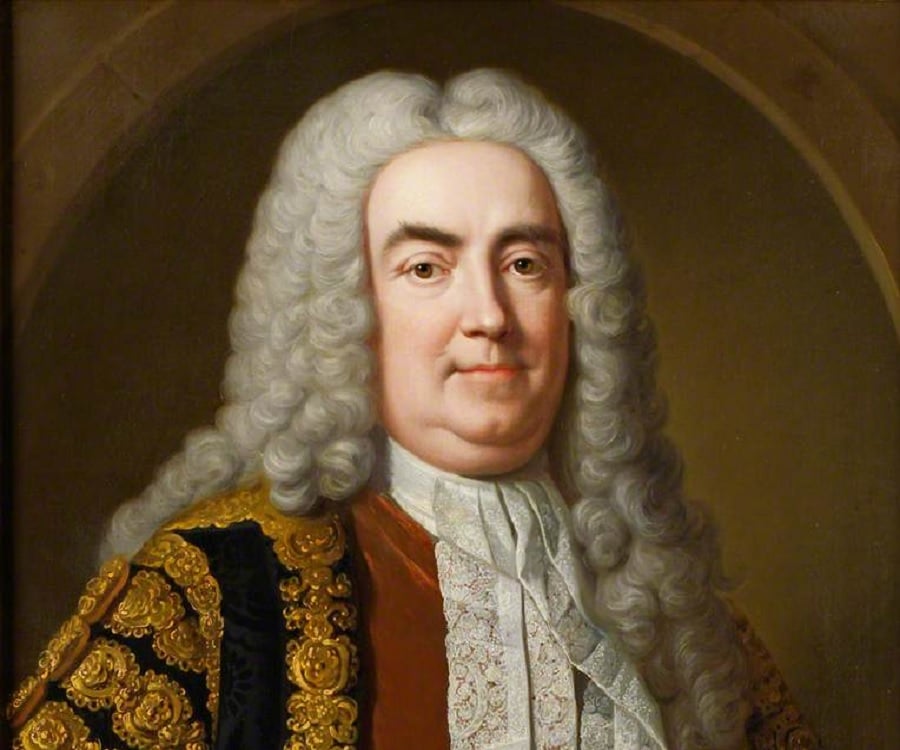When most people in the San Francisco
Bay area hear the term Fleet Week, they probably think of boats and
planes. Last year, I discovered a hidden gem of this annual event.
When I saw that the activities included The Humanitarian Village set
up by the US Marines and various humanitarian organizations, I knew I
had to attend. Not simply out of curiosity, but for research
purposes.
What is The Humanitarian Village? It’s
a display of various elements that might come into play in the case
of an emergency—whether a natural disaster such as we’re seeing
now with the hurricanes and earthquakes, a chemical attack, etc. Some
of the displays included military medical (and dental) tents, the
protective gear and robots used when dealing with explosives, and a
massive filtration system that allowed me to drink water pulled from
San Francisco Bay. Very cool!
Since one of the secondary characters
in my current series, WAR, is a former US military medic, and I’m
always having my characters get injured, I spent the most time at the
hospital tent. I asked a gazillion questions of the Navy corpsmen and
women on duty. Yes, the tent was part of a Marine encampment, but the
Navy supplies the Marines with their medical staff.
I found everyone
to be extremely friendly and willing to answer my questions. I even
received a personal tour from the company commander, including a
closer look at the generators. Points to him for not flinching when I
asked about the consequences of having my bad guys blow up the
generators!
Here’s the triage tent.
See those
pouches hanging on the wall? Each item always goes into the exact
same pocket so that the doctors can reach for the item without really
have to look at it. When enough pockets go empty, the whole thing is
removed and a full one takes its place.
Another secondary character in the WAR
series is the team’s explosives expert. So of course I had to get a
closer look at the protective gear he might use.
I also talked to the soldiers staffing
the mobile kitchen, climbed inside a military ambulance, and stared
in fascination at the devices used to detect dangerous chemical or
biological agents.
Lesson of the day? It pays to explore
all offerings at an event even if you think you know everything
that’s going on. You might come across an unexpected research
opportunity.
How about you? What fascinating events
have you stumbled upon recently?
____________
Vanessa Kier writes action-packed
romantic thrillers with an edge. She’s set her latest series, WAR,
in West Africa, where she lived for a time. She’s also a Scrivener
coach for writers.
You can find her at:
www.vanessakier.com














